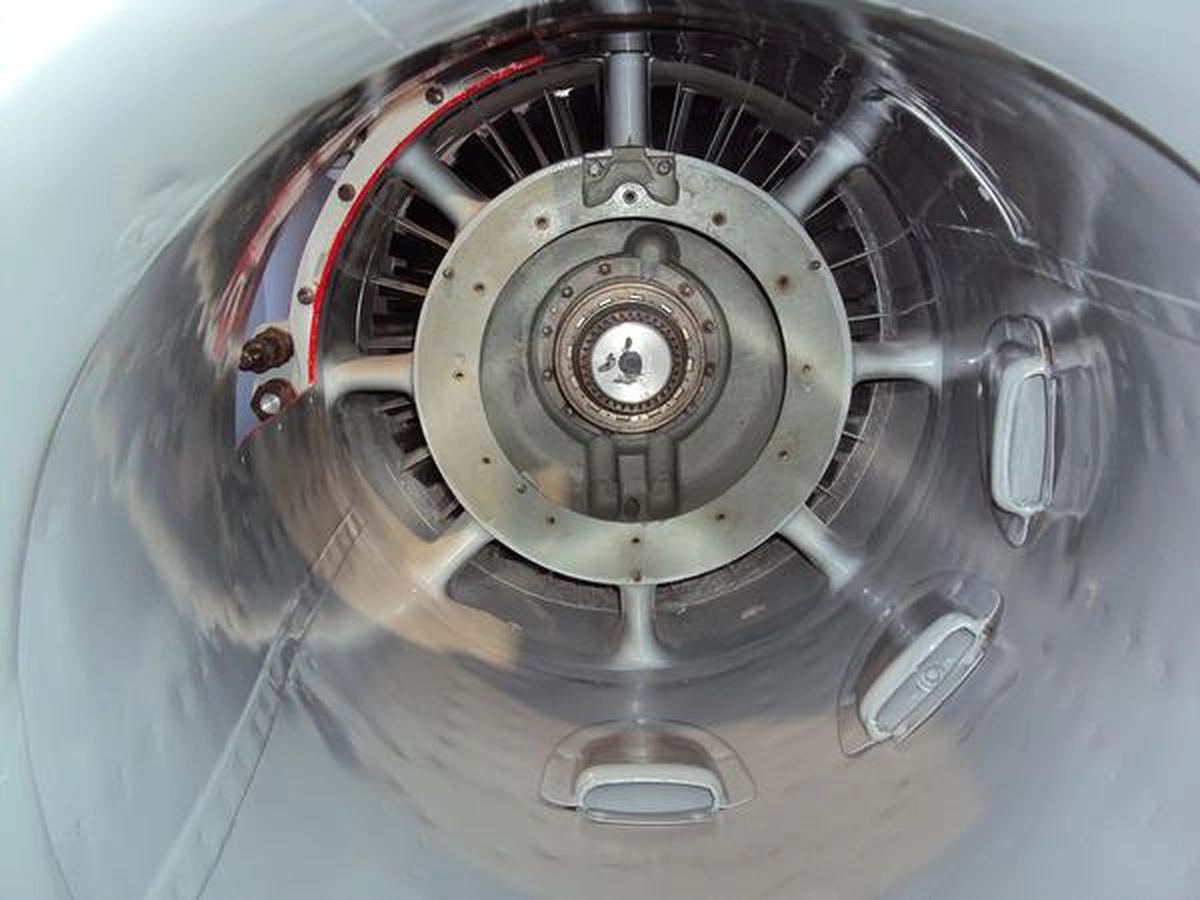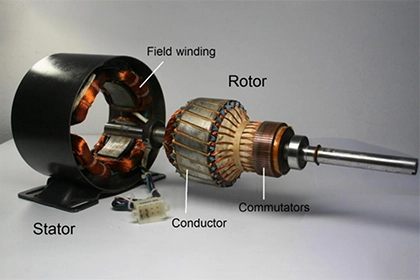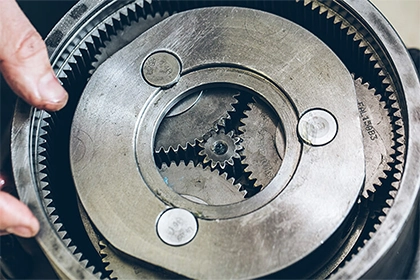
What Are DC Motors Used For?
DC motors are widely used in household appliances, industrial industries, transportation and other industries.
DC motors are versatile electrical devices that convert electrical energy into mechanical motion. They find widespread application across various industries and sectors due to their reliable performance, controllability, and efficiency. In this article, we will explore the numerous applications of DC motors, highlighting their significance in different fields. Understanding the diverse uses of DC motors is crucial for appreciating their impact on modern technology and industrial processes. So, let's delve into the world of DC motors and discover the breadth of their applications.
Overview of DC Motors
Definition and Working Principle
DC motors are electromechanical devices that operate on the principle of electromagnetic induction. They consist of a stationary part called the stator and a rotating part called the rotor. When a direct current is supplied to the motor, it creates a magnetic field that interacts with the magnetic field produced by the rotor, resulting in rotational motion.

Types of DC Motors
There are several types of DC motors, including brushed DC motors, brushless DC motors, and stepper motors. Each type has distinct characteristics and is suited for specific applications based on factors such as speed control requirements, torque demands, and efficiency considerations.
Industrial Applications of DC Motors
Robotics and Automation
DC motors play a vital role in robotics and automation systems, providing precise and controlled motion. They power robotic arms, grippers, and joints, enabling movement and manipulation in manufacturing, assembly, and logistics industries. DC motors offer high torque and speed control, allowing robots to perform intricate tasks with accuracy.
Electric Vehicles
The automotive industry has embraced DC motors in electric and hybrid vehicles. DC motors power the vehicle's propulsion system, converting electrical energy from the battery into mechanical energy that drives the wheels. Their high torque capabilities, efficiency, and controllability make them ideal for electric vehicle applications, contributing to sustainable transportation solutions.
Aerospace and Aviation
DC motors find extensive use in aerospace and aviation applications. They are employed in aircraft systems for controlling flight surfaces, such as ailerons, elevators, and rudders. DC motors provide reliable and precise actuation, ensuring safe and efficient operation of aircraft. Additionally, they are utilized in auxiliary systems, such as fuel pumps and ventilation systems.
Industrial Machinery
DC motors are commonly utilized in industrial machinery and equipment. They power conveyor belts, pumps, fans, and compressors, facilitating the movement of materials, fluids, and air. DC motors offer variable speed control, enabling optimal operation based on specific industrial processes. Their robust construction and ability to handle heavy loads make them suitable for demanding industrial environments.
HVAC Systems
DC motors have found their way into heating, ventilation, and air conditioning (HVAC) systems. They power fans and blowers, allowing efficient air circulation and temperature control in residential, commercial, and industrial buildings. DC motors in HVAC systems offer energy savings, quieter operation, and enhanced control over airflow.
Medical Equipment
DC motors are integral to various medical devices and equipment. They power surgical tools, pumps, ventilators, and robotic systems used in medical procedures. DC motors provide precise control over movements, ensuring accuracy and safety in critical healthcare applications.
Consumer Electronics
DC motors are widely used in consumer electronics for various purposes. They power the spinning of hard disk drives, the movement of DVD and Blu-ray players, and the rotation of cooling fans in computers. Additionally, DC motors drive the vibrating function in mobile phones and provide haptic feedback in gaming controllers.
Advantages of DC Motors
Speed Control
DC motors offer excellent speed control capabilities, allowing precise regulation of rotational speed. This feature is critical in applications where varying speeds are required, such as robotics, automation, and industrial machinery.
High Torque
DC motors deliver high torque even at low speeds, making them suitable for applications that require significant starting power or heavy load handling. This characteristic is particularly valuable in applications where high torque is essential.
EfficiencyEfficiency
DC motors exhibit high efficiency, converting electrical energy into mechanical power with minimal losses. This efficiency contributes to energy savings and reduced operating costs in various applications.
Reliability and Durability
DC motors are known for their robust construction and long service life. They can withstand demanding operating conditions, including high temperatures, frequent starts and stops, and adverse environments.
Conclusion
DC motors find extensive use across multiple industries and sectors due to their versatility, controllability, and efficiency. From robotics and automation to electric vehicles, aerospace applications to industrial machinery, DC motors play a crucial role in powering various systems and driving technological advancements.



Leave a Comment